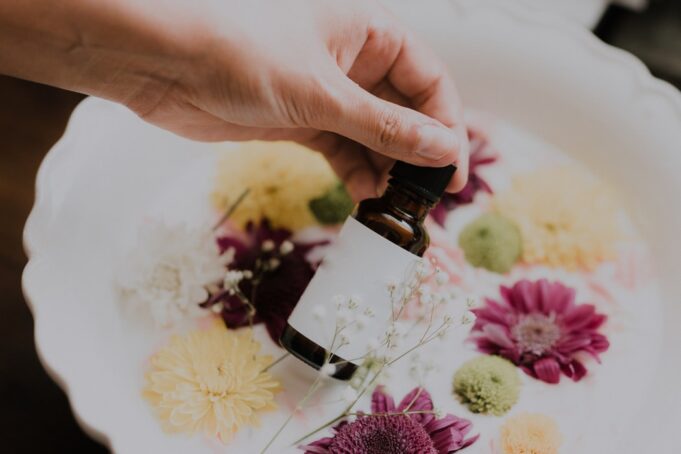Counting these diseases with those within the world of aromatherapy the use of essential oils is very fundamental since they have great properties and provide magnificent benefits to us and our families. That is why today I want to show you how to use some essential oils in your home.
Treat the garden
The use of essential oils to treat the daily ailments of the whole family is well known but we know that it can also be used for the care of plants.
Insecticidal essential oils
Some essential oils have insecticidal action but they can also be combined, depending on the insects you want to get rid of:
Aphids: Palo Santo, garlic, pink geranium, asp lavender, peppermint, allspice, rue Officinale, sage
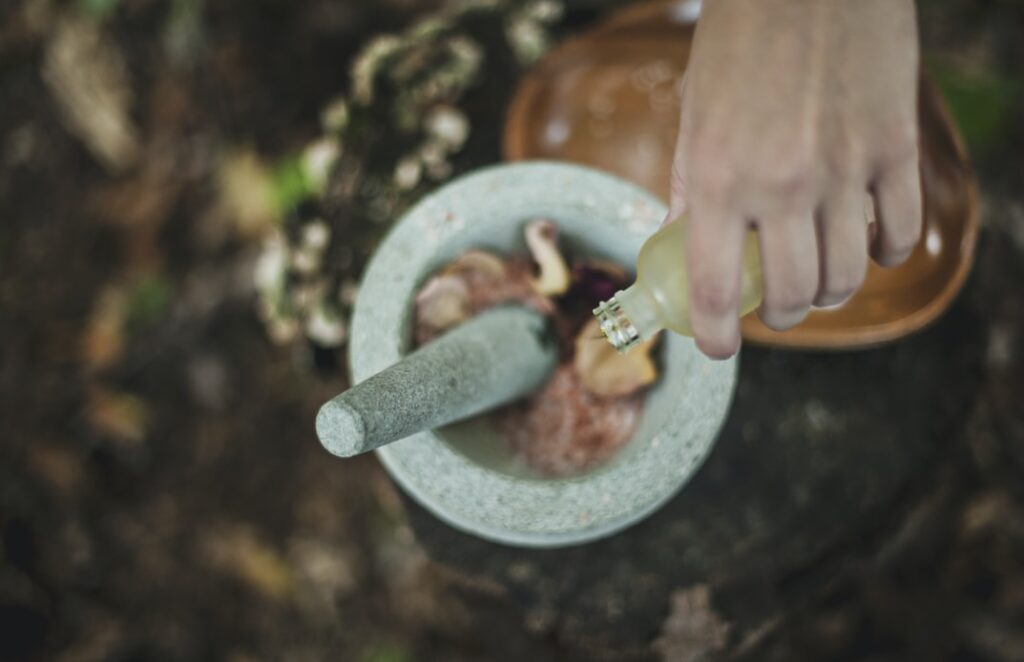
- Moscos or sancudos: Palo Santo
- Caterpillars: garlic, mint, officinal sage
- Scale insects: pink geranium, allspice
- Wood-boring insects: garlic, camphor, allspice, rue officinale
- Whiteflies: pink geranium.
For the essential oil to dissolve, the 20 drops of essential oil must be pre-mixed with a few drops of dishwashing liquid or a touch of black soap. Then add a glass of water and mix everything well. Next, you have the base to add to the clay milk (1 teaspoon of smooth green clay + 1 liter of water) that constitutes support facilitating the adherence of the product on the leaves and therefore increasing its effectiveness by more sustainable contact.
Spray once or twice a week as soon as you discover the insect invasion.
Fungicidal essential oils
To fight against fungal diseases, preparations with essential oils offer an interesting fungicidal action depending on the fungi:
- Mold: oregano, savory, wild thyme
- Powdery mildew: garlic, wild thyme
- Fumagine: oregano
- Canker: thyme, savory
- Peach blister: tasty
- Mold: tansy
The steps to make the essential oil fungicidal preparation are the same as for the insecticidal preparation. The use in fumigation is carried out according to needs and attacks.
5 essential oils against viruses
Essential oils and plants are very effective against the onset of colds and other winter illnesses. They have many properties and sometimes work miracles against viruses. Before rushing to the pharmacy, we tried to cure the little ailments of winter with some essential oils.
Many studies have shown that the most effective natural remedies for viral infections are essential oils. Some, extremely reactive, in fact, have powerful virucidal effects. A virtue that, however, requires handling them with care and parsimony.
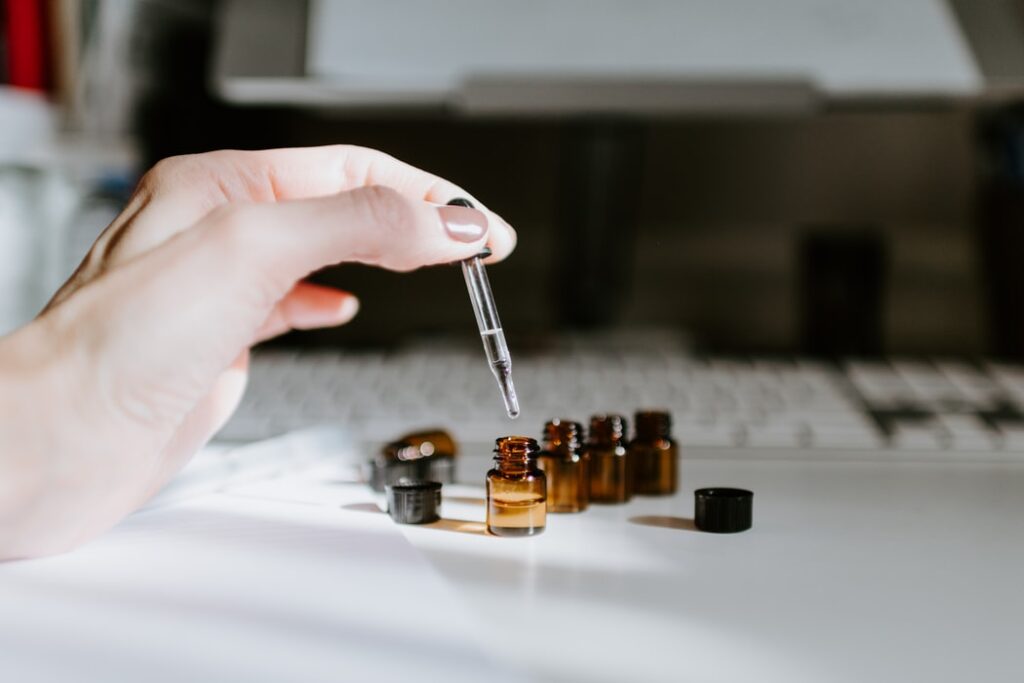
Essential oils to fight viruses, flu, and colds
The uses of essential oils are numerous. For home maintenance, beauty or health rituals, do not hesitate to use them, respecting of course the usual precautions.
Many antiviral essential oils are also antibacterial and often combine anti-inflammatory and stimulating properties of the immune system, such as Palo Santo essential oil, which has all properties that do our body good, is considered a complete essential oil. They can be used alone but also in synergy with others, depending on their properties, to act better against viruses and avoid superinfection. For more information on palo santo oil visit >> EcuadorianHands
Essential oils against flu
Every winter has its flu epidemic. To protect themselves from this, some are vaccinated, others respect some hygiene rules. Essential oils can also help us heal or protect against the flu.
The essential oil of Palo Santo and Lemon, for example, are known to be excellent antiseptic, bactericidal, and antiviral. Therefore, it stimulates the immune system. Grapefruit essential oil has antioxidant properties. It is also an excellent air antiseptic and adds tone to tired bodies. But beware, this oil should be used with caution, especially if you are taking medication (See the article: Grapefruit + medication = danger)
These two essential oils are especially recommended for flu. A few drops of one of the two is an essential oil diffuser cleanses the air in a room and disinfects it while stimulating the body.
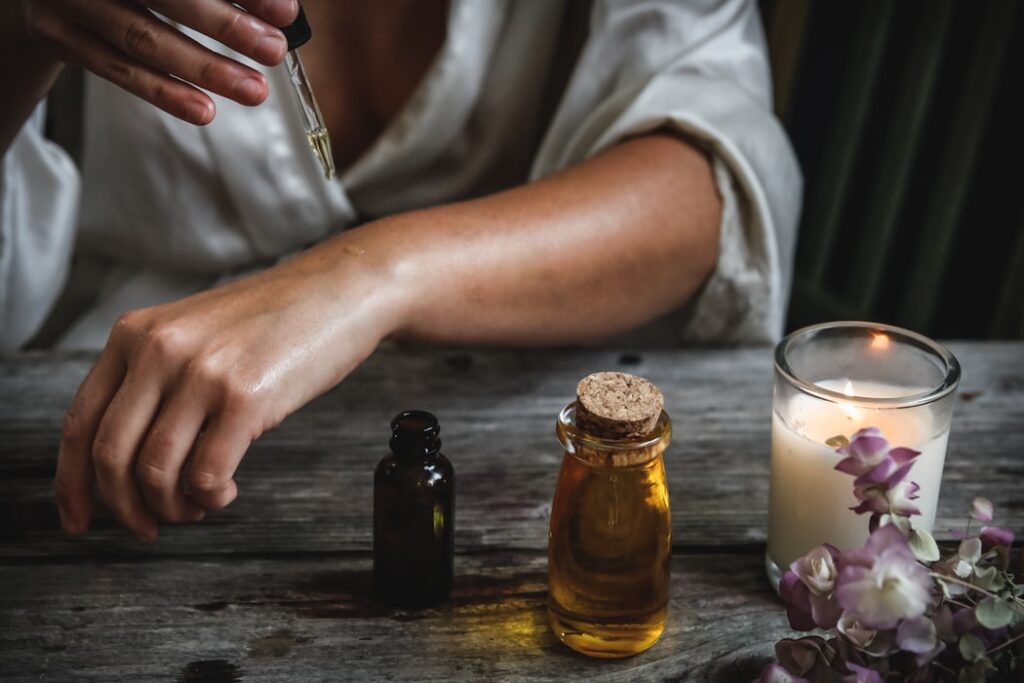
Antiviral essential oils
Be careful, as a reminder, essential oils are often not recommended for pregnant women and should not be diffused directly into the child’s room if the latter is present in the room.
It is always best to seek the advice of a specialist, before indulging in essential oils!
Essential oil of Palo Santo
It is considered one of the most complete essential oils in the world of aromatherapy due to its multiple properties, this essential oil has large amounts of limonene, a strong anti-inflammatory, antibacterial, antiseptic and antifungal agent. This essential oil is made from dead trees, the palo santo has a useful life of 30 to 40 years, after dying naturally, it must rest for 2 to 4 years in its natural habitat for it to manifest its healing properties.
Lemon essential oil
Lemon (Citrus Limonum) essential oil’s number one asset is its ability to cleanse the atmosphere. Anti-infective and antiviral, this essential oil will allow you to eradicate the small viruses that enter your home.
It is very valuable to clean the air in your interior, your office, or your bedroom. – Ravintsara essential oil
Ravintsara essential oil (Cinnamomum camphora cineoliferum) is nicknamed “winter essential oil”. Particularly effective in prevention, ravintsara is known to stimulate immune defenses: antiviral, antibacterial, expectorant, it does nothing but flu-like symptoms.
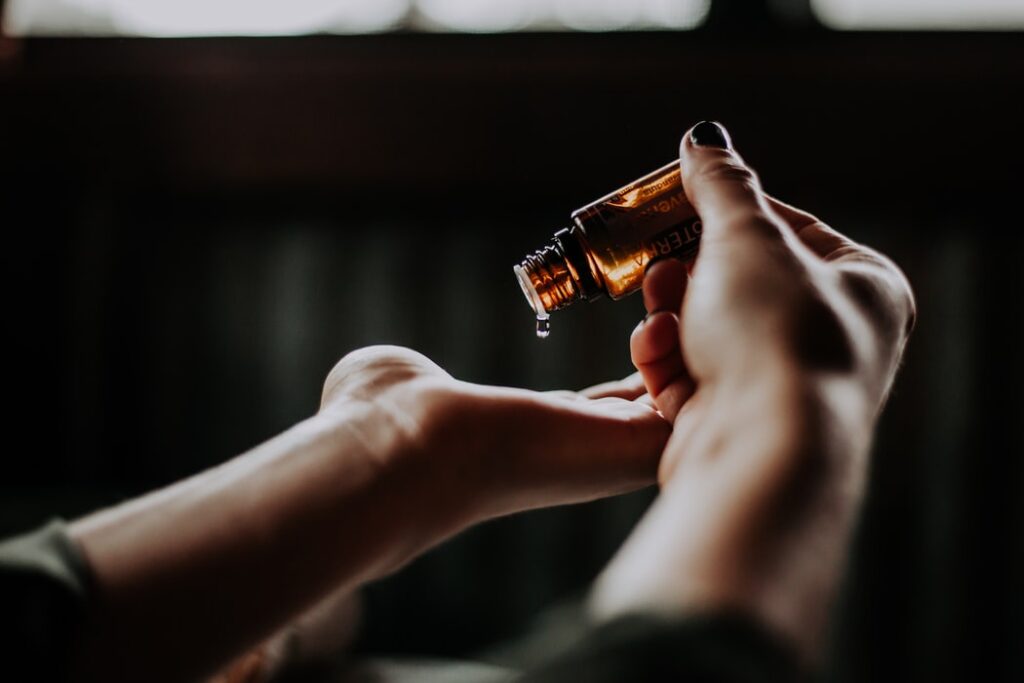
Tea tree essential oil
Tea tree essential oil (Melaleuca alternifolia) is especially recommended for all ENT diseases, due to its antiseptic and anti-infective properties. You can use it as steam, as a neck massage (two drops) or in the bath.
It can also limit redness due to cold and can be used in summer to repel insects. Studies in Australia have shown a very positive action of “tea tree” essential oil to combat the H1N1 virus.
Essential oil of marjoram peel
The essential oil of marjoram (Origanum majorana L.) helps fight viruses that affect the ENT sphere, but it is also effective against viral or skin infections, such as shingles, chickenpox, or psoriasis.
Antifungal, it also helps fight fungal infections. In cutaneous application, it is used pure or diluted in a vegetable fat base.
Irradiated eucalyptus essential oil
Irradiated Eucalyptus (Eucalyptus Radiata) is an exceptional airway decongestant. Eucalyptus essential oil is especially recommended in winter to counteract various respiratory ailments and bronchitis.
Therefore, it can be used by steam diffusion, inhalation, or by tonic massage. Do you have an essential oil diffuser? Diffusing eucalyptus essential oil-laden steam in your bedroom 10 minutes before bed will give you a good night’s sleep, especially if you have a cold.
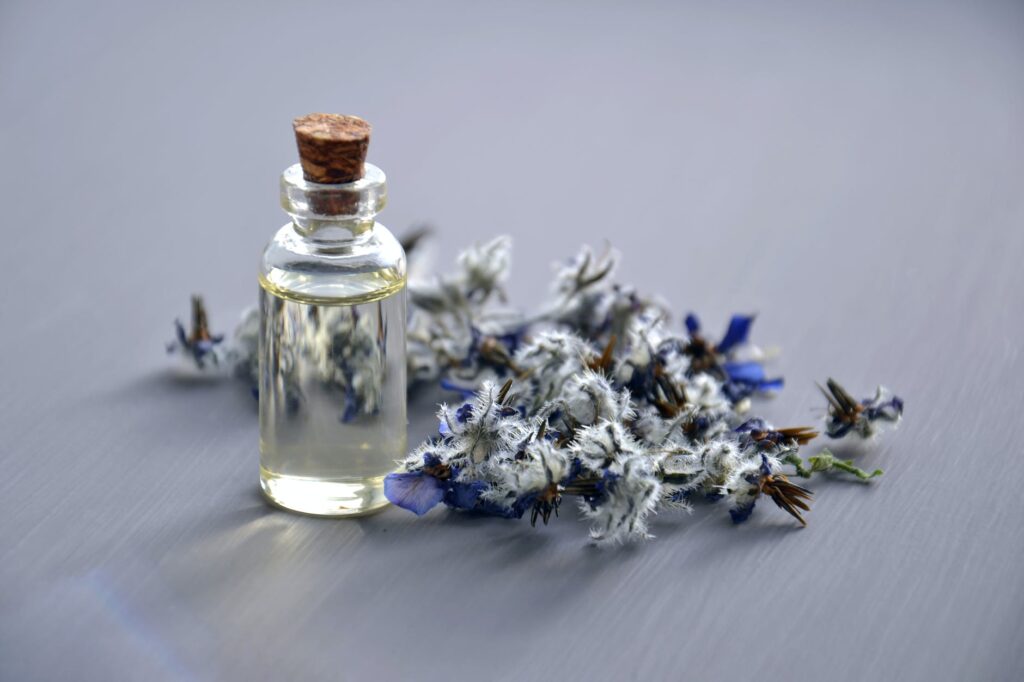
Precautions related to the use of essential oils
Whether you use essential oils for healing or for domestic use at home or in the garden, it is important to know that even if they are natural products, they are not harmless, as explained perfectly in detail in Dr. Françoise Couic-Marinier, with the participation of Anthony Touboul. There, the principles of action of essential oils are explained in detail, as well as the risks of allergy and toxicity in case of improper handling or use.
When preparing your recipes, but especially when spraying, carefully protect yourself with a mask, glasses, scarf or hat, work clothes.
In addition, essential oils from organically grown (AB label) guarantee a level of quality among the most reliable, without pesticides: these are the ones that should be privileged during your purchases.
Although essential oils do not go rancid, to prevent them from oxidizing, they should be stored away from light, moisture and heat, with the cap tightly closed as they are very volatile. They can then be stored for many years. Of course, keep them out of the reach of children.

